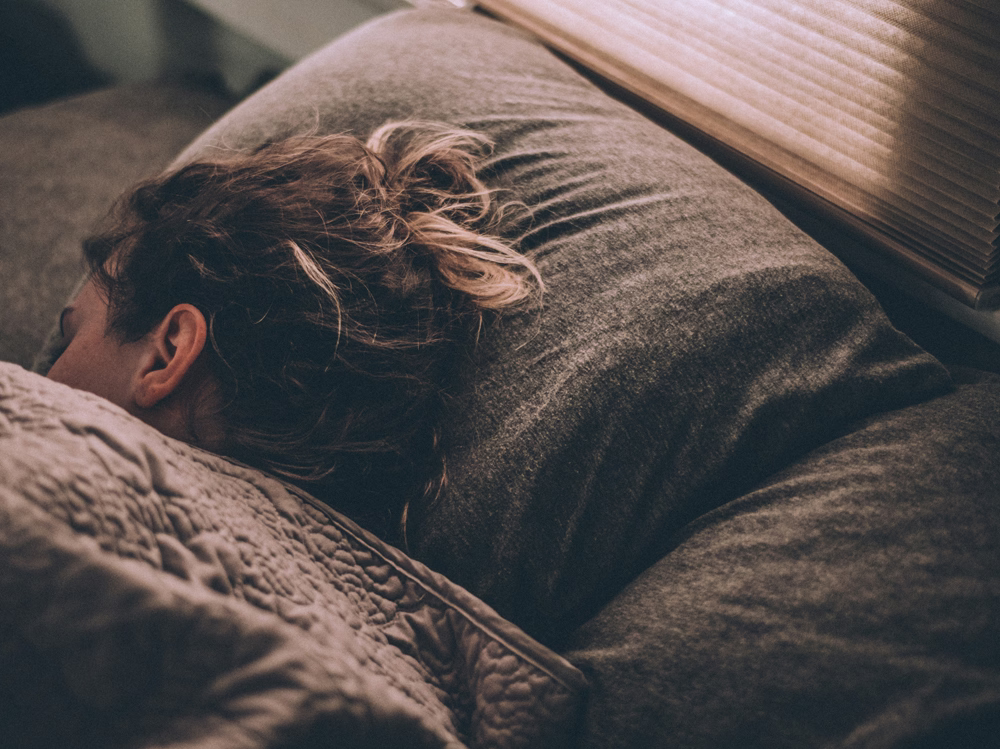

The arrival of autumn and winter means one thing: weekends spent on the couch under a blanket, listening to the rain with a good book in hand and a cup of hot chocolate on the table.
But why do we feel sleepier during the cold season?
Our body reacts to dropping temperatures by increasing melatonin production, the sleep hormone. Additionally, shorter and darker days affect our circadian rhythm, prompting us to sleep more.
However, beyond the hours spent dozing off, sleep quality is crucial in this season.
Ample, restful sleep in fall and winter is more important than any other time, as colds and seasonal sickness become more common.
According to various studies, good sleep during the cold season is crucial for supporting the immune system, enhancing psychological well-being, maintaining a healthy body weight, and ensuring optimal energy and vitality even when the preference is staying in bed.
But how can we ensure we handle the change in nightly routine while navigating through fall and winter? Simple, follow these 5 tips.
How to Sleep Well During the Coldest Months of the Year

1. Maintain a Consistent Sleep Routine
As the seasons change, days get shorter, darker, and maintaining a consistent routine becomes more challenging. However, it’s crucial to try to go to bed and wake up at the same time every day, even on weekends.
This helps establish a regular sleep-wake cycle and adapt the biological clock to new seasonal conditions.
2. Adjust the Bedroom Temperature
During colder months, controlling the bedroom temperature becomes crucial to ensure comfortable sleep.
A room temperature between 18 and 20 degrees Celsius is generally considered optimal, although personal preferences may vary slightly.
Remember that our body tends to lower its core temperature during sleep, so a room that’s too hot or too cold can disrupt rest.
3. Utilize Natural Light and Spend Time Outdoors
With the arrival of autumn and winter, natural light hours can vary significantly. Therefore, maintaining good exposure to daylight is essential for regulating your circadian rhythm.
Try to spend as much time outdoors as possible, especially during daylight hours. Exposure to natural light inhibits melatonin production during the day, helping you stay awake and focused.
Morning light, in particular, is effective in synchronizing your biological clock. Additionally, if the days get shorter, consider using bright lamps in the morning to compensate for the lack of natural light.

4. Create a Comfortable Environment (and Nighttime Routine)
The environment in which we sleep can significantly impact sleep quality. During the seasonal transition, it’s even more important to ensure your bedroom is a cozy and comfortable place.
Use mattresses and pillows that suit your personal preferences and replace them regularly if necessary. Keep the room clean and well-ventilated, as fresh air promotes sleep. Use blackout curtains to minimize external light, especially during brighter mornings.
Moreover, it’s crucial to use the bedroom exclusively for sleep, avoiding work or spending too much time outside of rest hours. This will help create a positive mental association between the room and nighttime rest.
5. Reduce Exposure to Screens and Artificial Lights Before Bedtime
Light emitted by electronic device screens such as phones, tablets, and computers contains a significant amount of blue light, which can interfere with melatonin production, the sleep hormone.
To improve sleep quality, it’s essential to avoid using electronic devices at least an hour before bedtime. Alternatively, if you can’t do without them, use blue light filters or night mode on your devices to reduce exposure.
Also, reduce artificial lights in your bedroom, opting for soft and warm lights to create a relaxing atmosphere. Darkness promotes better sleep quality, so ensure your room is dark at night.
**Lack of Sleep Effects: What Really Happens According to Study**
**Does Good Sleep Aid Weight Loss? Here’s the Truth**













